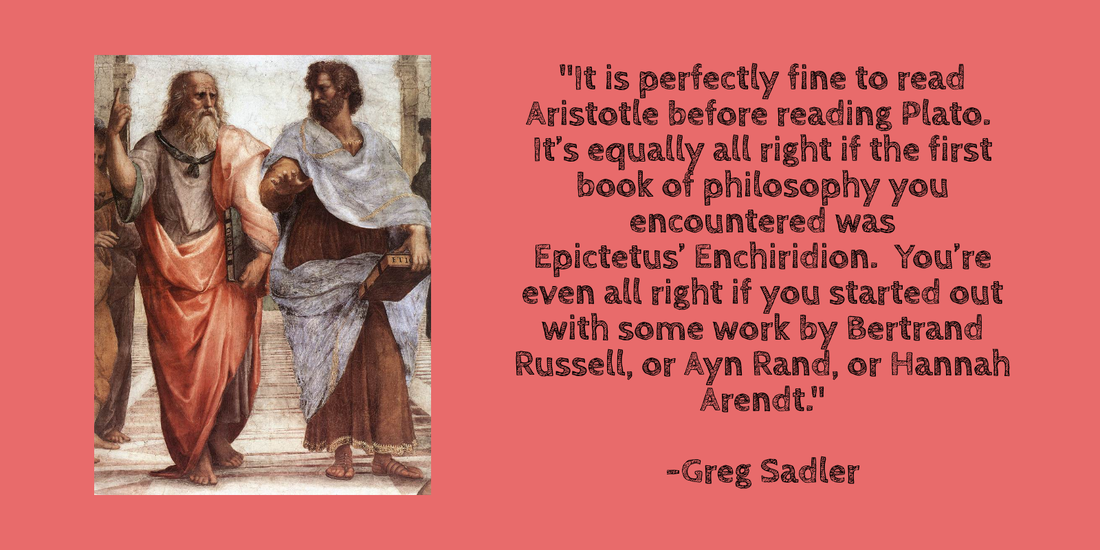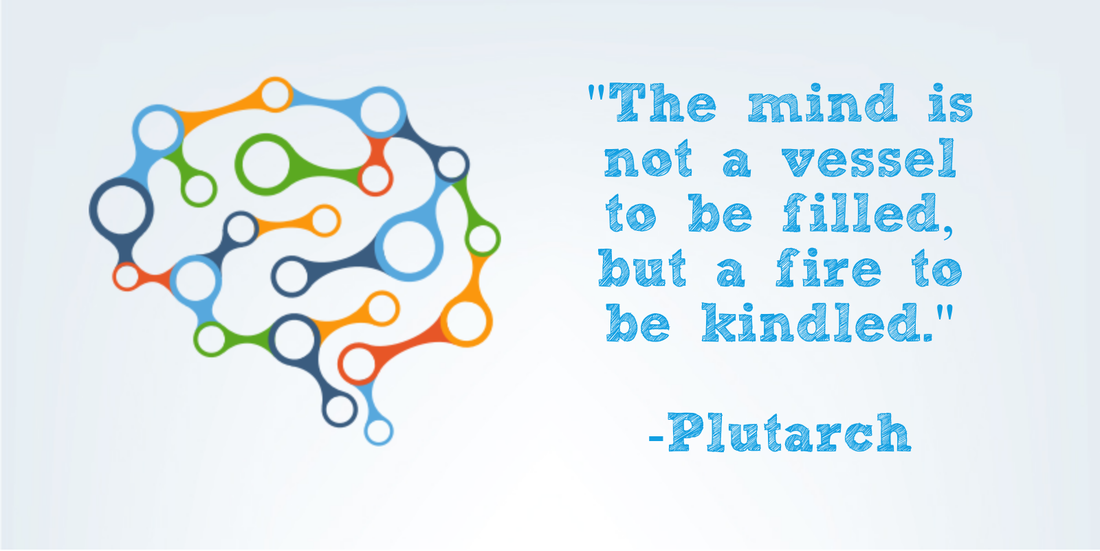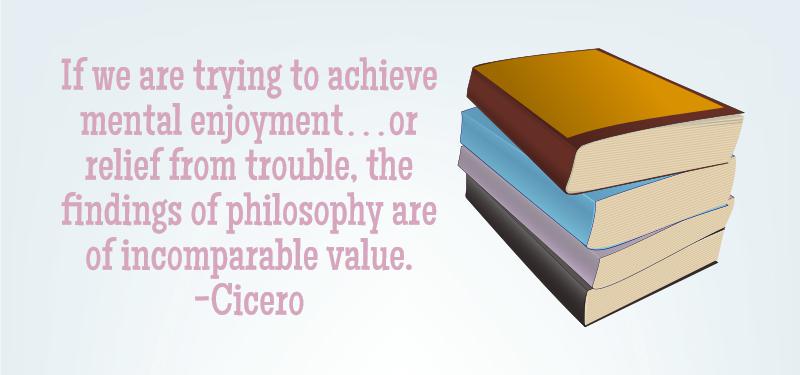This is actually a difficult question – which philosophical texts are best for beginners? But it’s also one that I get asked pretty regularly. I typically suggest starting with Plato, and occasionally delve a bit deeper into the topic, but admittedly haven’t devoted the thought and attention it really deserves to give a proper answer. So when Leah brought it up as a matter that might be addressed, and suggested we record a conversation on her YouTube channel about it – which you can watch here – I thought writing a bit first might help me sort out my thoughts on the topic.












